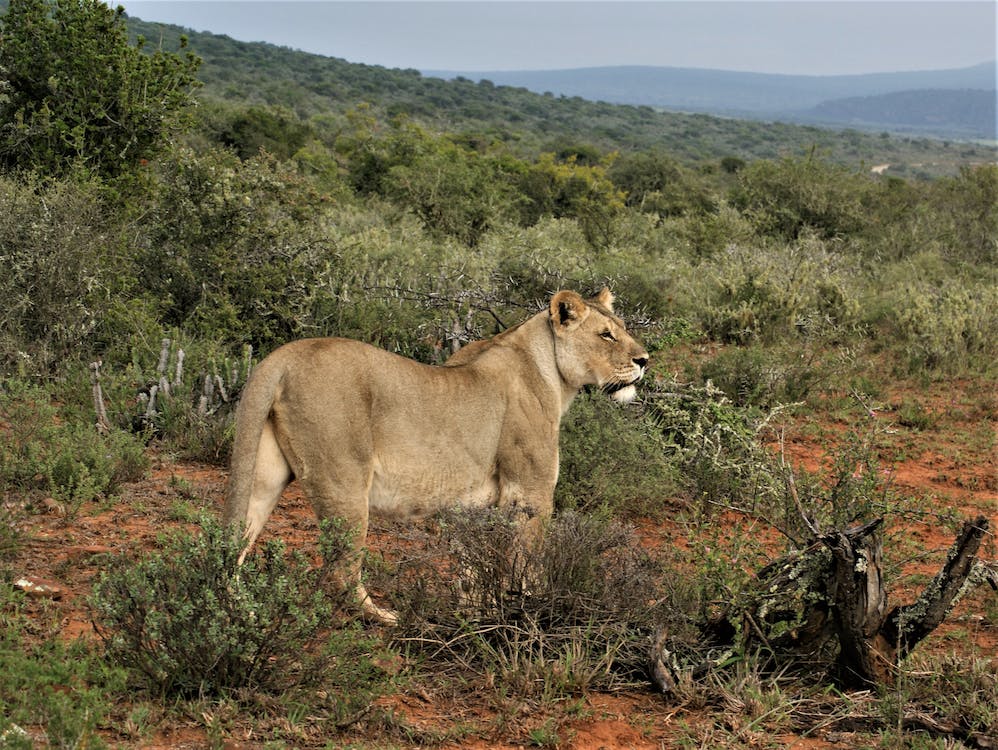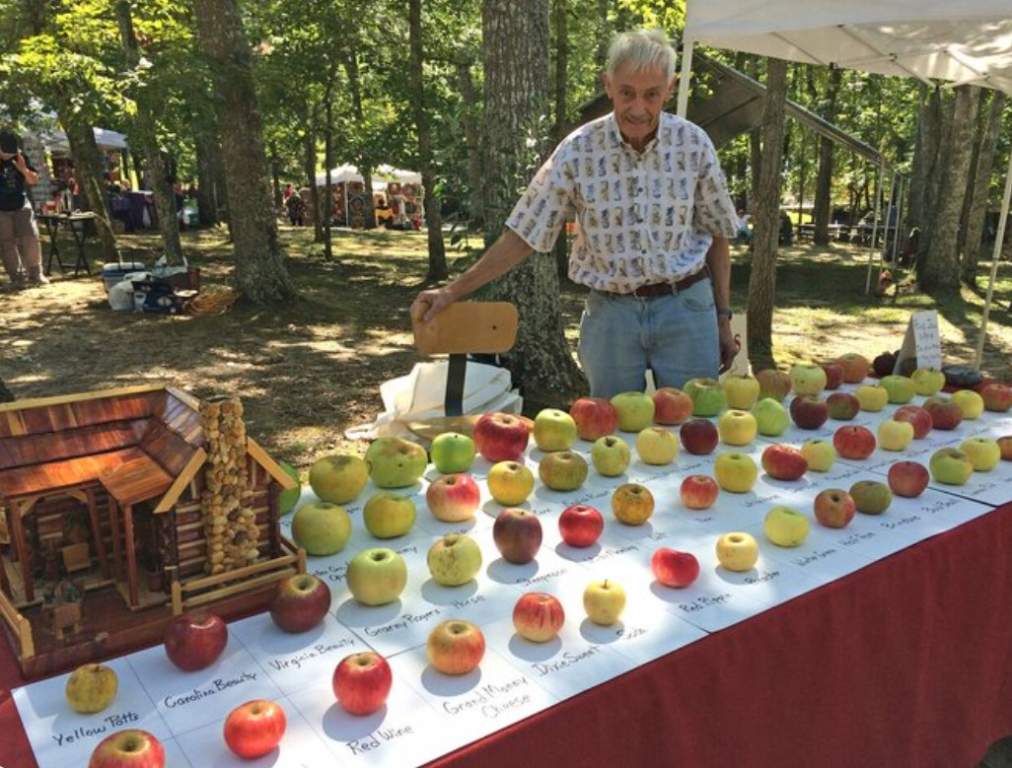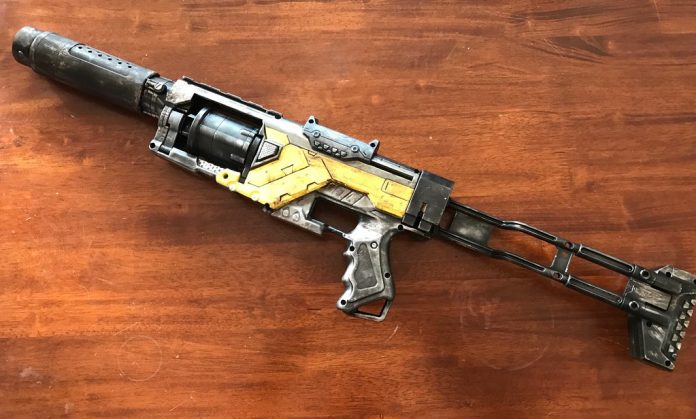Handling of Predators During Hunting
Hunting doesn’t involve only humans and deer. Varmints and predators both exist. The following predators are some of the most common hunters may encounter, depending on the area:
During hunting season, wolves move in packs, regardless of their kind. Avoid getting too close to the deer herds, even though they may lead you nearer. Despite their extensive senses, they have no fear of defending their hunting grounds when they are in a group.
Bears – bears don’t usually bother humans, but if you encounter a female with her cub, steer clear immediately. If you get between them, the mother will definitely attack.
Wild Boars – It is not uncommon for wild boars to get territorial and charge with no regard for danger. Their meat is good, and they’re strong enough to stand up to small-caliber weapons. An effective sidearm will enable you to deal with one of these.
Big Cats – The good thing about big cats is that they live solitary lives. Large cats, such as leopards or cougars, rarely hunt in pairs. However, even one of them is quite a lot. Their agility, quickness, ability to climb trees, and persistence make them perfect for climbing. With their sinuous muscles, they are also surprisingly strong for their size. It is best to avoid encounters with them since many of them are protected by the State.
Snakes – No matter what kind of snake they are – poison vipers that can kill a mid-sized whitetail in minutes when disturbed or pythons capable of swallowing an entire mid-sized whitetail – snakes are dangerous. This slithering thing should not be angered. When hunting, be careful about your blinds and camp locations since they may be up the same tree as you.

Predators can come in two types – accidental and opportunistic. They retaliate only when disturbed and do not usually attack. You are prey to opportunistic predators who attack you from behind.
Unlike humans, animals are able to discern the mental state of another being. Similarly, predators would understand when you’re feeling either fear or confidence when facing them, just as they can detect extreme excitement and malice towards your prey when hunters track recklessly. Make sure you know how any local predators behave before you venture into your hunting area.
Keeping these tips in mind may help you avoid injuries caused by accidental predators’ and acting upon them:
-
When you come across a predator grazing or hunting, make sure they are aware of your presence. Feeling exposed could cause them to attack, so if you advance parallel to them in an open stance, it won’t look like you’re hunting them.
-
When passing through an area with many predators, make as much noise as possible. Try wearing a bear bell, playing a harmonica, or flute, or whistling a tune. Even singing a bit can alert predators to your presence. Plan your trail accordingly if you want to avoid this disadvantage when tracking.
-
Cook your meals without making too much smoke. Keeping your campsite clean will help you avoid the chance of attracting hungry animals.
-
Leave the area immediately if you find a wounded or killed animal that you did not shoot and you are in predator territory. Despite wandering a bit away from their fresh kill, these hunters will recognize someone who is trying to “steal” their meal immediately.
-
Don’t go through predator territory alone. Even a group can be at risk. Keep your distance from their hunting grounds unless it is absolutely necessary.
-
Do not panic if you encounter a predator. Running will excite their predator instinct, so they will chase you like prey if you turn your back and run.
-
Keep your distance from the animal slow and deliberate as you move away calmly. Be careful not to jerk or startle the animal, and keep eye contact, depending on whether the animal might take the challenge as a challenge.
-
The more careful predator will usually be fooled by your attempt to appear bigger than you really are. The best way to intimidate it is by linking arms with your companions or raising your arms and jacket.
-
You should also keep an eye out for the predators’ habitats when you are mapping the areas where you could likely shoot some game. Avoid encounters with them by planning your trails away from them. The authorities often protect these predators more than hunting games, like deer, which are common hunting games. Read More – When Is The Hunting Season In The USA?

Handling of Predators During Hunting. Predators can come in two types – accidental and opportunistic. Photo Credit – Pexels






